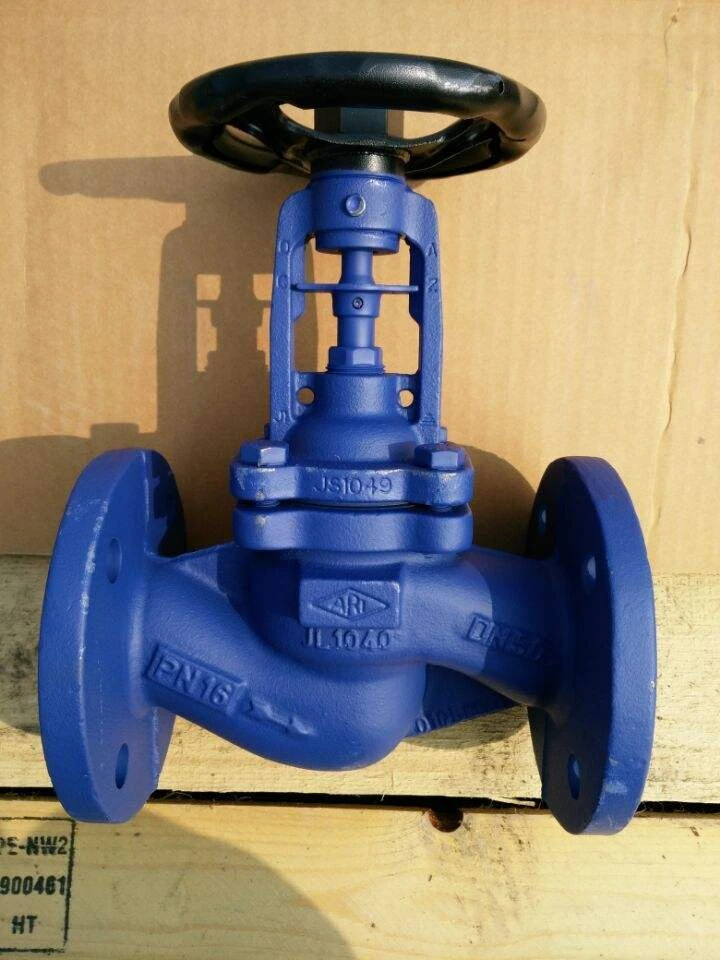Oct . 31, 2024 13:14 Back to list
Understanding the Functionality of Pressure Regulation Valves in Fluid Systems
Understanding Pressure Control Valves A Key Component in Fluid Systems
Pressure control valves (PCVs) are essential components in various applications, especially in fluid systems. These valves play a crucial role in regulating and controlling the pressure within a system, ensuring safe and efficient operation. By maintaining the desired pressure levels, PCVs prevent potential damage to equipment, enhance performance, and improve process reliability.
At their core, pressure control valves work by automatically adjusting their opening to maintain a predetermined pressure setpoint. This adjustment occurs in response to changes in pressure upstream or downstream of the valve. When the pressure exceeds the setpoint, the valve closes partially or fully to restrict the flow, thus lowering the pressure. Conversely, if the pressure drops below the setpoint, the valve opens to allow more fluid to flow through, raising the pressure back to the desired level.
One of the main advantages of using pressure control valves is their ability to protect sensitive equipment such as pumps, compressors, and lines from damage caused by excess pressure. Overpressure situations can lead to catastrophic failures, resulting in costly repairs and potential safety hazards. By maintaining stable pressure levels, PCVs significantly reduce these risks, extending the life of equipment and enhancing system reliability.
pressure control valve

There are several types of pressure control valves, including spring-loaded, pilot-operated, and electronically controlled valves. Each of these types operates on slightly different principles but serves the same overall purpose. Spring-loaded valves use a mechanical spring to determine the valve's position, while pilot-operated valves utilize a smaller control valve that manages the larger main valve's operation. On the other hand, electronically controlled valves employ sensors and actuators to provide precise and flexible control over pressure levels, making them ideal for systems requiring advanced automation.
In addition to their protective functions, pressure control valves contribute to the efficiency of fluid systems. By maintaining optimal pressure, these valves reduce energy consumption and improve flow rates, leading to enhanced process performance. This efficiency is particularly important in industries such as oil and gas, water treatment, and manufacturing, where maintaining pressure can directly impact productivity and operational costs.
Furthermore, proper selection and maintenance of pressure control valves are vital to their effectiveness. Engineers must consider factors such as the type of fluid, temperature, pressure range, and flow characteristics to choose the right valve for their application. Regular maintenance, including inspections and testing, ensures that the valves function correctly, preventing issues that could arise from wear or malfunction.
In conclusion, pressure control valves are indispensable in managing and controlling pressure in fluid systems. By preventing overpressure, enhancing efficiency, and protecting equipment, PCVs play a critical role in various industries. Understanding their operation, types, and maintenance requirements is essential for anyone involved in fluid system design and management, ensuring reliable and safe operations.
-
Y Type Strainer Maintains System Efficiency Long TermNewsJul.15,2025
-
Valve Selection Guide for Industrial ApplicationsNewsJul.15,2025
-
Steel Fab Table Provides Durable Work Surface for WeldingNewsJul.15,2025
-
Pad Iron Provides Stable Support for Heavy MachineryNewsJul.15,2025
-
One Inch Check Valve Fits Standard Plumbing SystemsNewsJul.15,2025
-
Measuring Micrometer Ensures Precise Dimensional AccuracyNewsJul.15,2025
Related PRODUCTS









